Dussehra, apart from being one of the most revered festivals in India, is also deeply rooted in many people's religious beliefs. Across the country, Dussehra is observed for various reasons, and some perceive it to be a celebration of Lord Rama's victory over Ravana. In contrast, for some, it is the end of Durga Pooja, when goddess Durga defeated the demon Mahishashura. These are not the only variations of the belief; every region of the country and some of the surrounding countries have their interpretation. But what remains constant is the idea that good will always triumph over evil.
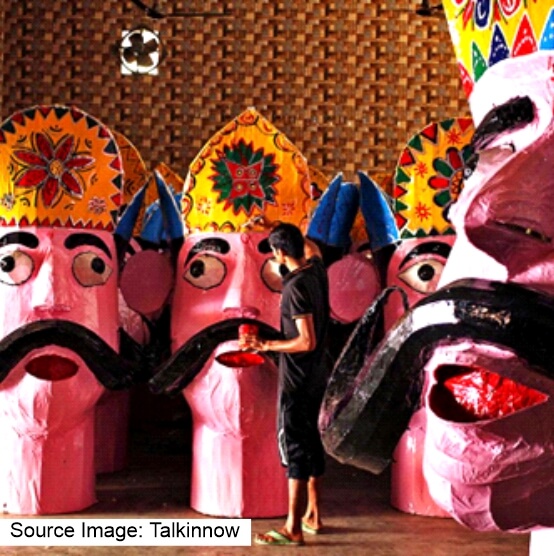
These variations occurred as the story passed through our ancestors in different regions, who made changes or improvised the stories based on their interpretations and experiences. This is why, you see, Ravana is not always considered a villain in some parts of the country; many people see him as more of a devotee of lord Shiva who got misled by his impulses.
These beliefs are subjective, which is why, limitless and, therefore, subjected to debate. But that's not what we want to talk about. We are more interested in the happiness with which entire communities come together and make it an evening of celebration.
Regardless of its interpretations, Dussehra is celebrated by every religion in the country. Therefore, it becomes a festival where everyone comes together, forgiving their rivalries to prove that no matter what, we're all more significant than our differences.
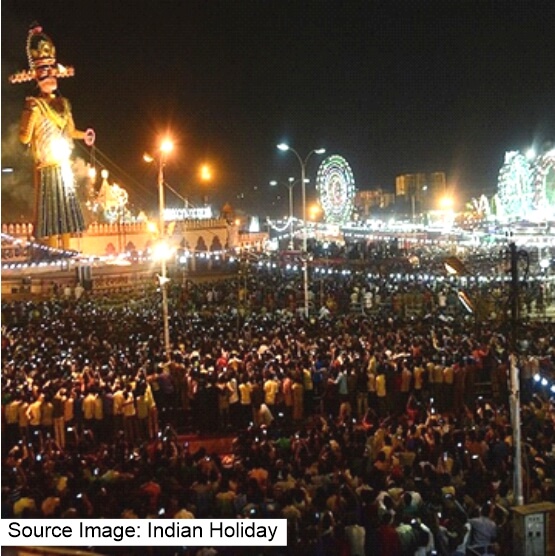
In Gujarat, people come together to celebrate it as an end to Navratri. The evening of Dussehra is spent with an extensive dance of Garba. The dancers are dressed in traditional clothes and enthusiastically dance around in a circle. And since the tradition of Ramayana is just as popular in Gujarat as in other states, people celebrate it with added excitement.
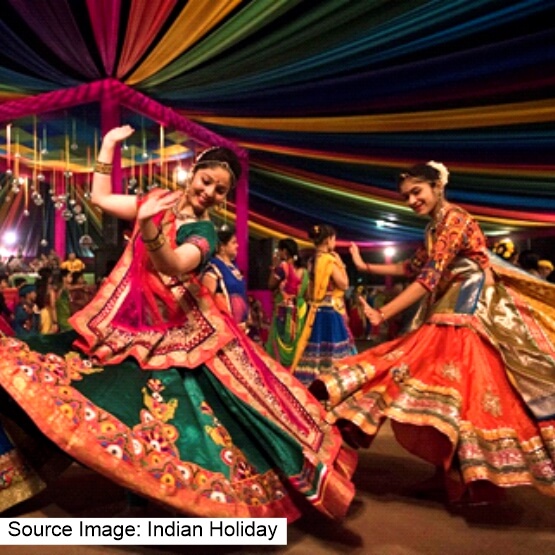
And in Varanasi, Uttar Pradesh, the evening is celebrated by a stage play of Ramayan, where actors portray the entire Ramayana with great attention to detail. This stage plays date back almost 200 years, with multiple performances depicting the beloved gods and goddesses. These stage plays are called Ramleela and are awaited by the audiences throughout the year, and on the evening of Dussehra, visitors from all over the world come to the holy land to witness it.
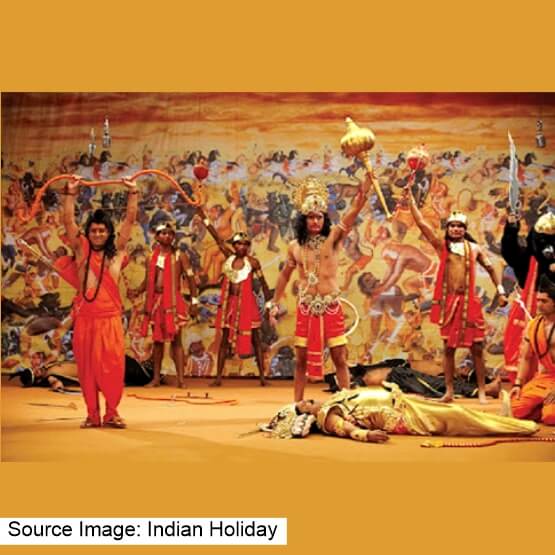
Another unique way Dussehra is celebrated is in Bastar, Chattisgarh, where many understand the festival differently. The festival is celebrated for ten days, where the respected Raj family worships the Goddess Danteshwari. According to the locals, a transfer of control takes place during the festival to a teenage girl who is believed to possess mystical powers. On the ninth day, the king of Bastar welcomes the goddess to the town in a rath, or palanquin. And after this ceremony, the tenth day is celebrated as Dussehra, when the locals visit the king's palace and present their requests. After this, a pooja takes place in the village. People of Chhattisgarh dress in bright traditional attire and enjoy dancing to the tunes of drums.
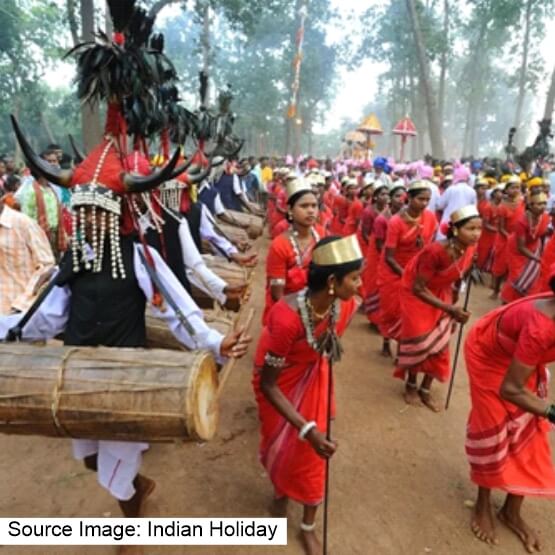
Conclusion
It becomes clear that the festival holds great significance in the people's hearts. And regardless of the differences, everyone comes together to celebrate it. Dussehra is a festival celebrated yearly with extreme excitement and happiness all around, and it won't be stopped by anything. But it's time we understand that, like good defeating evil, a true celebration of Dussehra will be when we defeat the evil of differences and prejudices from our hearts and come together as a community.
